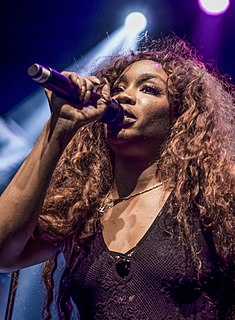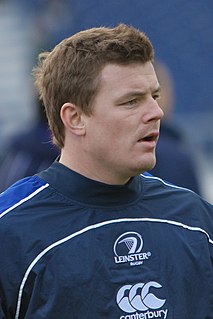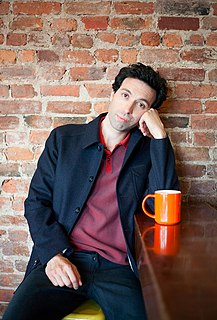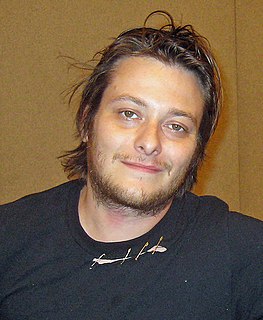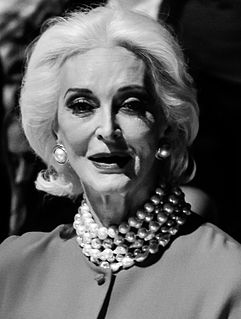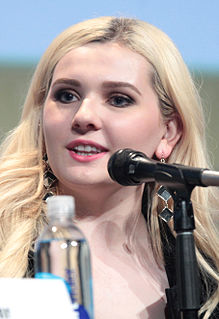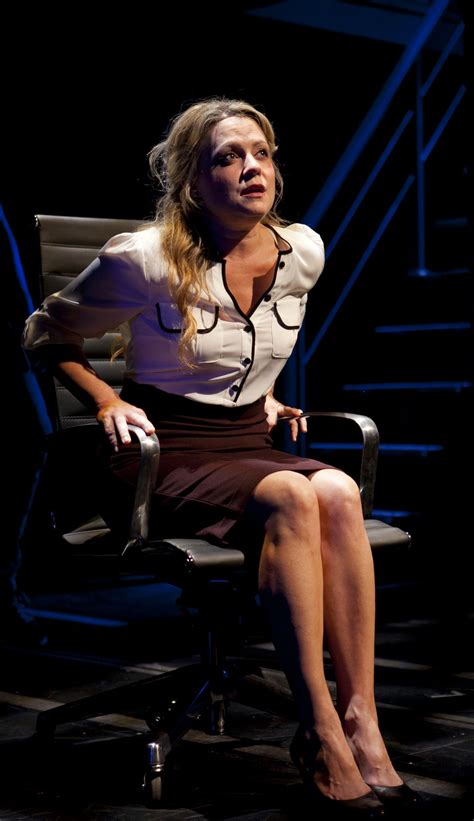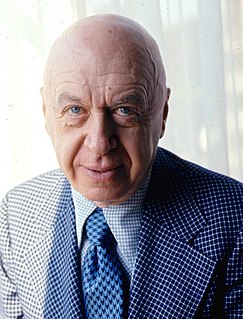A Quote by Clint Eastwood
Directing is more like you're being a psychologist and you're kind of analyzing the situation and evaluating each person for their idiosyncrasies.
Related Quotes
As I get older, I'm more willing to take on more, I guess. I feel more comfortable kind of being different characters and kind of stretching it a little more. Like with The Visitation. At least for me, being an actor, I have to draw from human experiences, so it was kind of a stretch playing that role. Kind of supernatural... kind of like what I did in The Crow actually.
Each situation is different... Each situation, I'm a different person I guess. He's present; the actors are present; and you just work in that moment, trying to flush it out. We have history from Assassins and Wicked, but it's always new beginnings between us. You start off fresh and that's what I like and respect about him.

